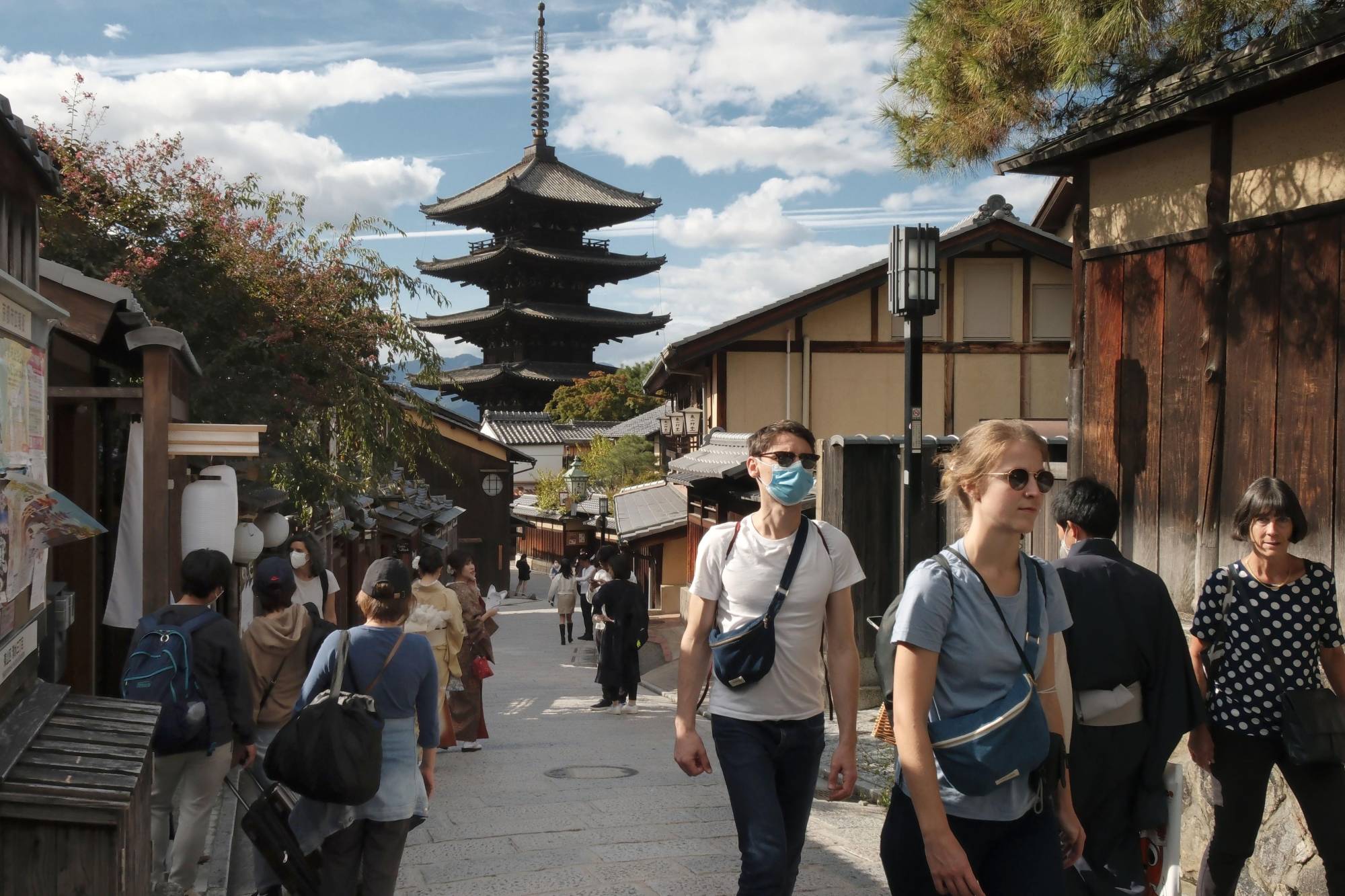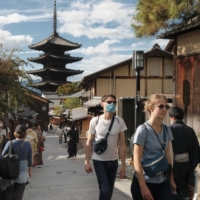Japan's internal affairs ministry is set to approve a proposal by Kyoto to tax the owners of empty homes and holiday houses, a source close to the matter said Wednesday, with the city becoming the first in the country to implement the system.
The new tax, set for introduction in 2026 at the earliest, aims to boost the property market amid an exodus of young people struggling to secure housing in Kyoto. If effective, it could serve as a reference for other cities facing similar problems.
In addition to vacant properties, the non-statutory tax will also target vacation homes and unoccupied secondary residences, with factors such as the property's value and location taken into consideration when calculating the amount to be taxed.
Levied on top of property tax, the addition is expected to increase the tax burden on owners by around 50%. Properties of low value and traditional townhouses — known as machiya and popular among foreign tourists — will be exempt.
The Kyoto municipal government estimates that the tax on a vacant 40-year-old apartment, 60 square meters in size and struggling to be sold, would be around ¥24,000 ($181) a year.
Meanwhile, a five-year-old condominium on the top floor of a central high-rise building, 100 square meters in size and used several times a year as a vacation home, would attract an annual tax bill of roughly ¥939,000.
While the tax is expected to generate around ¥950 million in additional revenue annually, the on-site surveys needed to locate target properties will cost roughly ¥200 million per year. Kyoto has about 15,000 unoccupied residences, according to the city government.
The historic city has strict building regulations to preserve its landscape, leading to a supply shortage and the departure of the city's younger residents, many of whom find themselves unable to secure housing amid skyrocketing prices.




